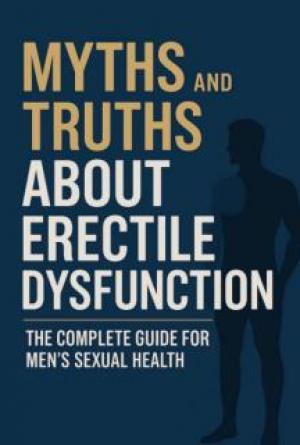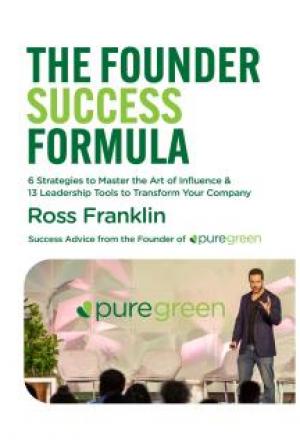Introduction
Back in the 1950s, Chicago had four major newspapers. In the morning there was the Chicago Tribune and Chicago Sun Times. In the afternoon the Chicago Daily News and Chicago Herald American vied for readership. The Trib and the Times both boasted almost a million readers back then and printed three editions a day with the afternoon papers not far off at almost half a million subscribers each.
But Chicago, like all major cities, was and still is broken up into dozens of neighborhoods: From Wrigleyville to the West Side, Logan Square, to Portage Park and on and on with names sometimes as colorful as their inhabitants.
Back then, there were probably fifty sections of the city that were in and of themselves min-cities all their own.
Those neighborhoods, sometimes with strong ethnic ties, had their own grocery stores, and shoe stores, drugstores and eateries, doctors and lawyers and butchers and bakers as well. They were a separate world within the great city and inhabitants considered themselves part of their neighborhood as readily as they called themselves Chicagoans.
Into these neighborhoods were also born neighborhood newspapers. Almost all once-a- week editions, these free papers were swallowed up at the stores that carried them faster than all the giant papers of the day. The reason was simple. This paper was about their neighborhood; it was about them, and people loved to read about themselves and their friends.
The content was never earth-shattering. Perhaps the local pool hours for the summer were being announced. A new shoe store was moving in or an old newsstand was closing up after many years. Local scouts, church events, and obituaries of neighborhood friends with much more detail than could be afforded in the bigger, more expensive papers were in these little papers: and the neighborhood people grabbed them up as soon as they hit the stands.
The papers made a living by getting neighborhood businesses to advertise. It made sense for those businesses back then. The brunt of a shopkeeper's business came locally and advertising rates were considerably less than they were in the giant papers.
And so these little mom-and-pop papers made a good living for years and although many are still in existence, many have folded after being bought up by newspaper consortiums that have forgotten the lesson taught by those early papers. The neighborhood newspaper needs to be about the neighborhood and not somewhere else.
In this eBook, you will learn how to create a viable, money earning, online paper with that one basic rule as your guide.
The search for a webmaster
When I left my previous employ as managing editor at another online only publication, I had helped build readership and thus ad revenues to well over six figures. In a small town in one of the smaller counties in Illinois, that was unheard of in the paper business. But still I felt there was more, and could be more that we could be doing to gain further readership loyalty, be an important part of the community and make a good living in the latter stages of my newspaper career. I felt the publication I had worked for was losing their way with too much AP and copy and paste stories that readers could find in literally thousands of other websites.
Finally I decided to take all I had learned and create a neighborhood newspaper just like the ones I read as a child back in the 1950s.
The first task was to find a design: a template that would give readers the look and feel of a real paper only this time on a computer screen. The task of finding such a format almost made me give up my search and the idea of making a newspaper more than once.
Studying dozens of major online newspapers was no help. Almost all have become enamored with the electronic world they are displayed in. They all have too many intrusive ads surrounding the masthead to the point you almost don't know what the name of







